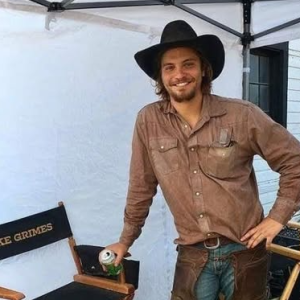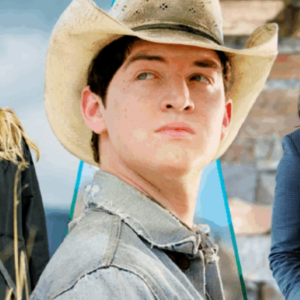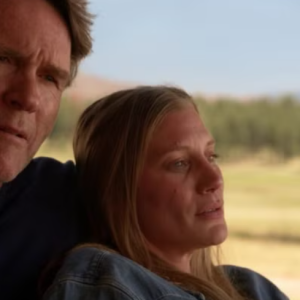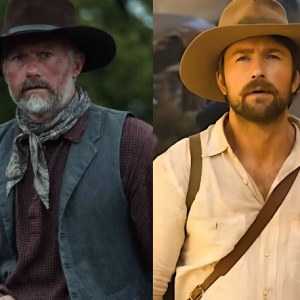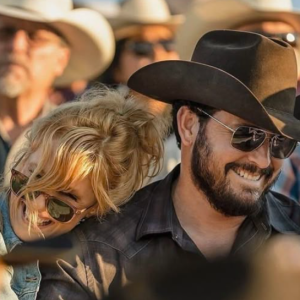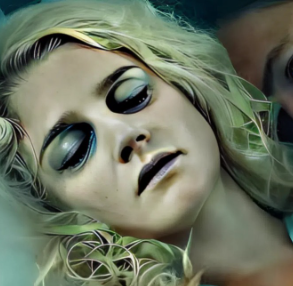For decades, Kevin Costner’s name was synonymous with American cinema, a towering figure who redefined the modern Western and commanded the screen with an undeniable gravitas. From iconic roles that captured the national imagination to prestigious Academy Awards that solidified his status, he stood as one of Hollywood’s living legends. Yet, in an entertainment landscape constantly churning with headlines and fleeting trends, a peculiar question has occasionally surfaced: where is Kevin Costner, and why does his name sometimes seem to fade from the incessant buzz of popular culture? The answer, rather than signifying irrelevance, may instead point to a deliberate path of quiet perseverance and a profound dedication to his artistic vision, epitomized by his pivotal role in the television phenomenon, Yellowstone, and his unwavering commitment to deeply personal projects.
Costner’s career trajectory is one that most actors can only dream of. He reached an unprecedented pinnacle in 1990 with Dances with Wolves, a sweeping epic he directed, produced, and starred in. This ambitious project not only garnered him two Academy Awards—Best Director and Best Picture—a truly rare feat for a first-time director, but it also reignited the Western genre for a new generation. His success continued throughout the early to mid-1990s with a string of major titles that earned both critical acclaim and commercial success: Robin Hood: Prince of Thieves, a box office smash that showcased his swashbuckling charisma; The Bodyguard, a romantic thriller that became one of the best-selling soundtrack albums of all time; JFK, a critically lauded political thriller; and A Perfect World, a poignant crime drama directed by Clint Eastwood. These films cemented his reputation as a bankable star and a serious filmmaker.
However, a noticeable shift occurred in the late 1990s. While still active, Costner’s career began to experience setbacks. Waterworld (1995), though ambitious in its scope and budget, underperformed at the box office and struggled with its critical reception. The Postman (1997), which he again directed and starred in, was a major commercial flop and drew heavy criticism, marking a clear turning point from his earlier unmitigated successes. This period seemed to usher in an era where Costner, while still working, was no longer consistently at the epicentre of Hollywood’s attention.
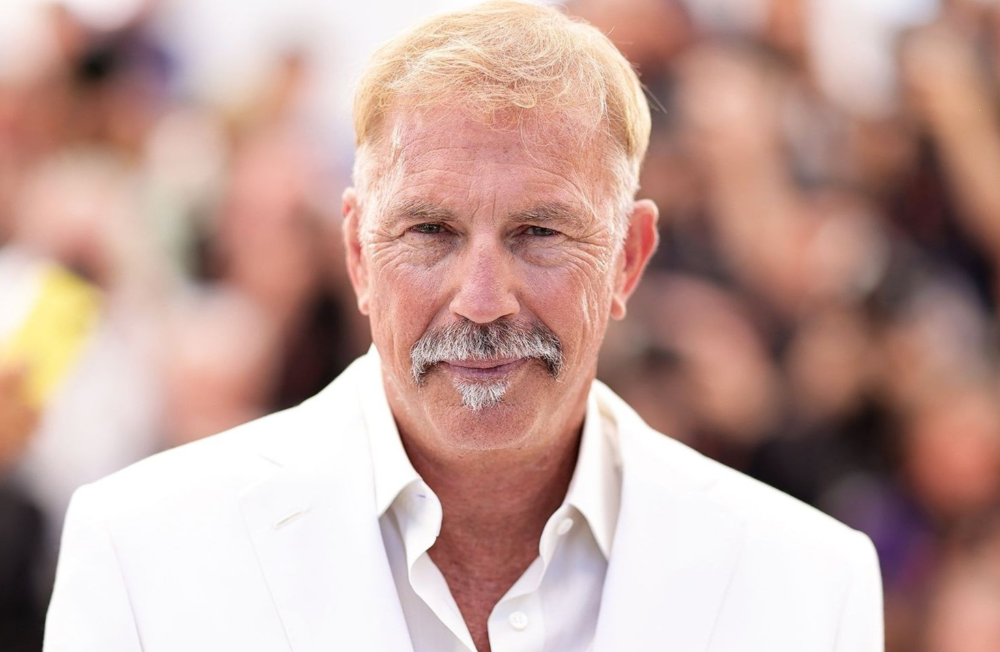
What makes Costner’s perceived “decline” or shift in public profile particularly unusual is its quietness. Unlike many celebrities whose careers are derailed by scandal, controversy, or highly publicised missteps, Costner simply began to appear less frequently in the constant media spotlight. There were no explosive interviews, no dramatic reinventions designed to grab headlines, and no viral returns. He continued to work steadily, taking on roles in films like Dragonfly and Message in a Bottle, maintaining a presence, albeit a less prominent one, in the industry.
According to some industry insiders, this quieter period wasn’t an accident but a conscious choice. Sources close to the actor have often noted his deep commitment to family, suggesting that he consciously opted to distance himself from the relentless commercial grind and invasive scrutiny that define modern Hollywood. This perspective suggests that his retreat wasn’t a failure but a form of quiet survival, a way to navigate the immense pressure that accompanies immense success.
Indeed, critics often suggest that the very success that once defined Costner became an almost unbearable standard. When an actor has achieved legendary status, every subsequent role is inherently measured against their past triumphs. Every misstep, every project that doesn’t reach blockbuster status, feels amplified. For artists like Costner, this creates a silent burden: the inability to evolve naturally in the public eye without being harshly judged against a former, larger-than-life version of themselves. It becomes a choice between chasing past glory or finding new avenues for creative fulfillment that align with personal priorities.
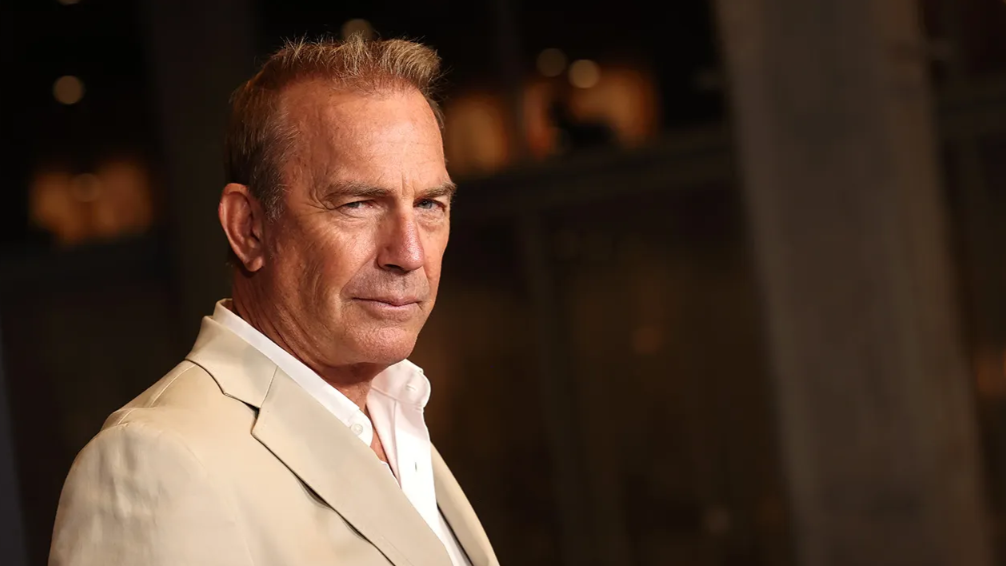
It was against this backdrop that Kevin Costner made a resounding return to the forefront of the cultural conversation with his starring role in Taylor Sheridan’s neo-Western drama, Yellowstone. Premiering in 2018, the series quickly grew into a bonafide phenomenon, becoming cable television’s most-watched drama and a cornerstone of Paramount Network’s programming. Costner took on the pivotal role of John Dutton, the patriarch of the largest contiguous ranch in the United States, fiercely battling to protect his land, family, and way of life from external forces ranging from land developers and Native American reservations to the encroaching modern world and internal family strife.
Costner was an inspired choice for John Dutton. His inherent ruggedness, the stoicism he had perfected in films like Dances with Wolves and Open Range, and his commanding screen presence made him the perfect embodiment of the principled yet often ruthless rancher. He brought a lived-in authenticity to the character, portraying a man burdened by legacy, driven by an unwavering sense of duty, and capable of both profound love and brutal pragmatism. The character of John Dutton resonated deeply with audiences, tapping into a nostalgic longing for American individualism and a fierce protectiveness of one’s heritage. Costner’s portrayal was central to the show’s appeal, anchoring its sprawling narrative and providing the emotional core around which the Dutton family drama revolved. Yellowstone single-handedly reignited the Western genre, spawning multiple prequels and cementing Taylor Sheridan’s reputation as a masterful storyteller. For Costner, it was a profound resurgence, re-establishing him as a leading man in a landscape increasingly dominated by younger stars. His performance earned him a Golden Globe Award for Best Actor in a Television Series – Drama in 2023, solidifying his impact on the show.
However, just as Yellowstone reached its zenith, complications arose, echoing the quiet shifts in Costner’s career decades prior. By 2023, reports emerged of scheduling conflicts between Costner’s commitment to Yellowstone and his ambitious new multi-part Western film epic, Horizon: An American Saga. Costner, who had been developing the Horizon project for decades, was deeply invested in it as director, producer, co-writer, and star. The production demands of Horizon clashed with the shooting schedule for Yellowstone’s final season, leading to widely publicized disputes and, ultimately, Costner’s confirmed departure from the series. This development, while disappointing to fans, again showcased Costner’s unwavering commitment to his own artistic vision, even if it meant stepping away from a wildly successful, high-profile role. It underscored the narrative that he prioritizes projects he deeply believes in over simply maintaining a constant presence in the spotlight.

The Horizon saga is a testament to Costner’s enduring passion for the Western genre and his willingness to risk personal finances and immense effort to bring his vision to life. Much like Dances with Wolves, Horizon is a sweeping, multi-chapter narrative exploring the expansion of the American West. It represents Costner’s return to the director’s chair for a grand-scale epic, a role he has embraced with profound dedication. This undertaking, especially following his departure from Yellowstone, paints a picture not of an actor fading away, but one who is actively shaping his legacy on his own terms, choosing to invest his immense talent and resources into deeply personal and ambitious projects rather than merely accepting roles that keep him in the public eye.
In essence, the fact that Kevin Costner is not always at the absolute centre of the constant celebrity news cycle does not mean he is irrelevant. On the contrary, his selective presence and the quiet dignity with which he conducts his career may reflect just how powerful his legacy already is—a legacy so vast that even his absence feels noteworthy. He has nothing left to prove in terms of star power or directorial prowess. His journey through Hollywood, marked by stratospheric highs, quieter periods, and then a resounding return with Yellowstone followed by his self-financed Horizon, illustrates a career defined not by fleeting trends but by an enduring commitment to storytelling, family, and a deeply personal vision of artistic fulfillment. Perhaps Kevin Costner is simply the kind of man who chooses silence because he has already made his loudest, most indelible mark.
